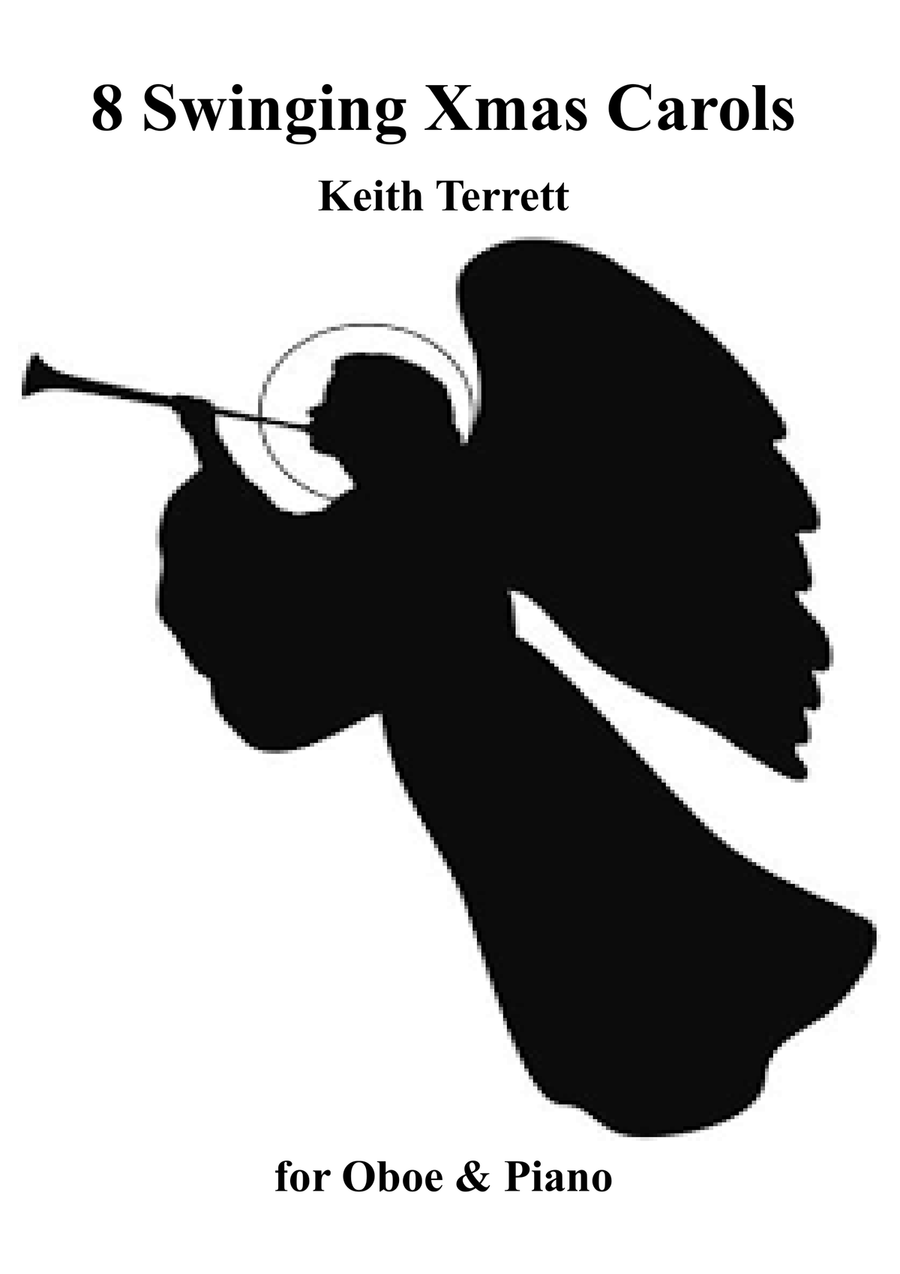Oboe Solo - Level 3 - Digital Download SKU: A0.1314704 By Keith Terrett. By Various. Arranged by Keith Terrett. 20th Century,Christmas. Individual part. 31 pages. Keith Terrett #903457. Published by Keith Terrett (A0.1314704). An exciting arrangement of eight popular swinging xmas carols arranged for Oboe & Piano; in an up-beat and somewhat jazzy manner. This challenging set of carols, offers players in general, something very different for those Christmas concerts and recitals, give them a go, and I am sure that you wonât be disappointed!The set includes: Ding Dong Merrily On High, Silent Night,We Three Kings,Away in a Manger, Joy to the World, God Rest Ye Merry Gentlemen, Deck the Halls & Good King Wenceslas.The part is all written out with jazz inflections and articulation included. The Piano part is all written out, but also includes the jazz chords for players who wish to comp. These Carols are playable by moderately advanced performers and are perfect for parties, church services, busking & recitals. Range is very moderate, nothing high at all.Need an anthem fast? They are ALL in my store! All my anthem arrangements are also available for Orchestra, Recorders, Saxophones, Wind, Brass and Flexible band. If you need an anthem urgently for an instrumentation not in my store, let me know via e-mail, and I will arrange it for you FOC if possible!Reviewer Chet Heflin Date 29th Sep 2006Bluesy Xmas! Keith Terrett has done an outstanding job of injecting jazz and blues into these holiday favorites. The writing beginning in measure 13 of Ding Dong Merrily On High is outstanding. Check out the wonderful contrast in movement between the flute and bass. This arrangement of Xmas carols would be a wonderful addition to any future holiday program. Well done Keith! Have fun! Caroling (singing carols in the street) is one of the oldest customs in Great Britain, going back to the Middle Ages when beggars, seeking food, money, or drink, would wander the streets singing holiday songs.
